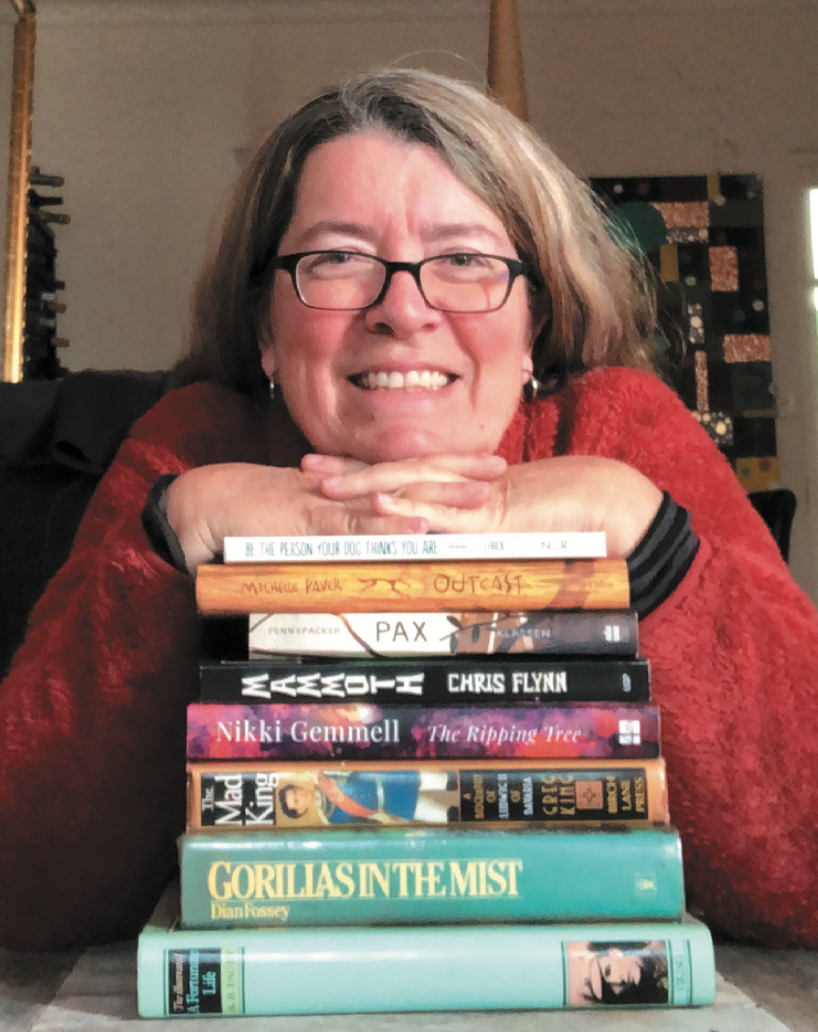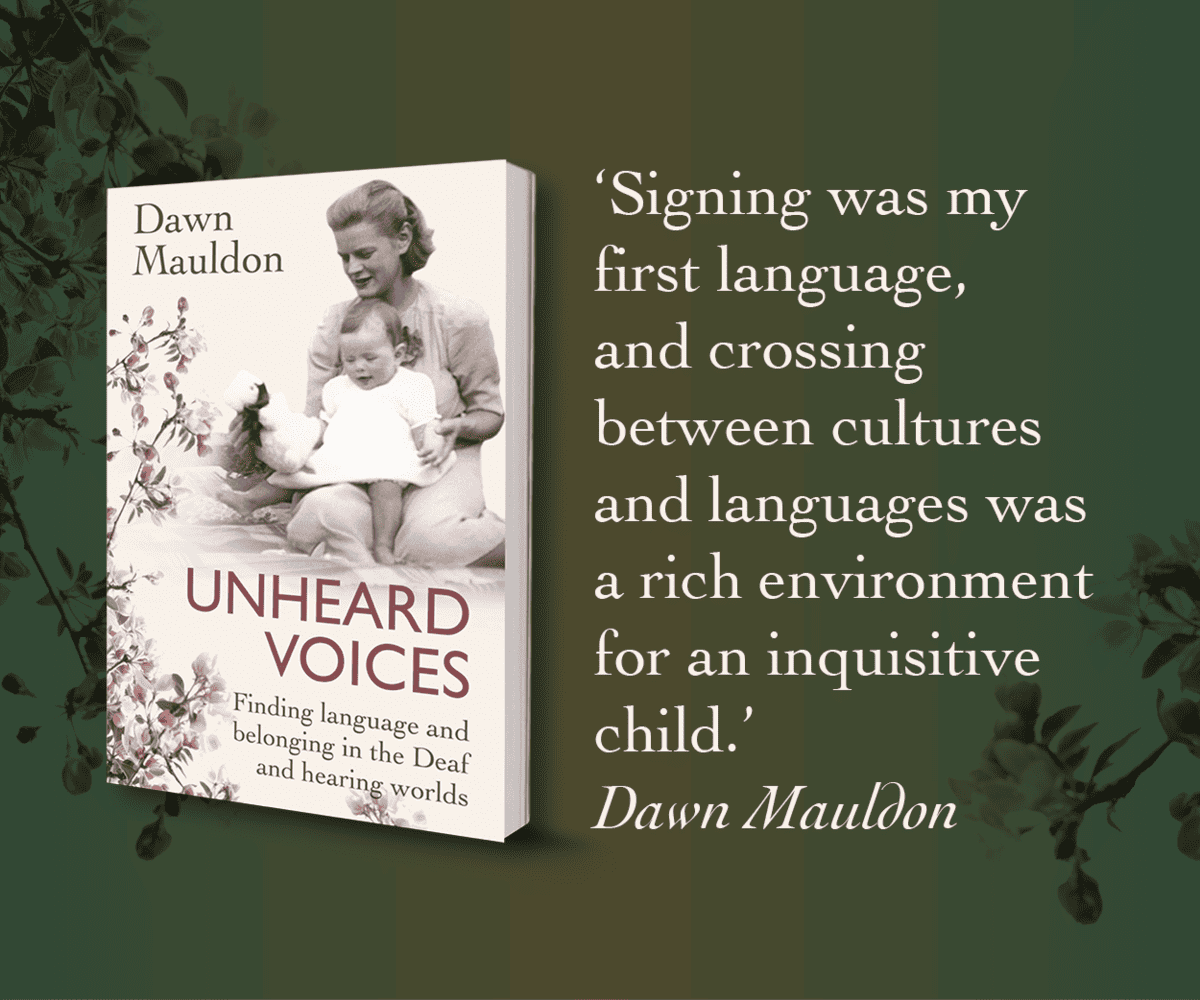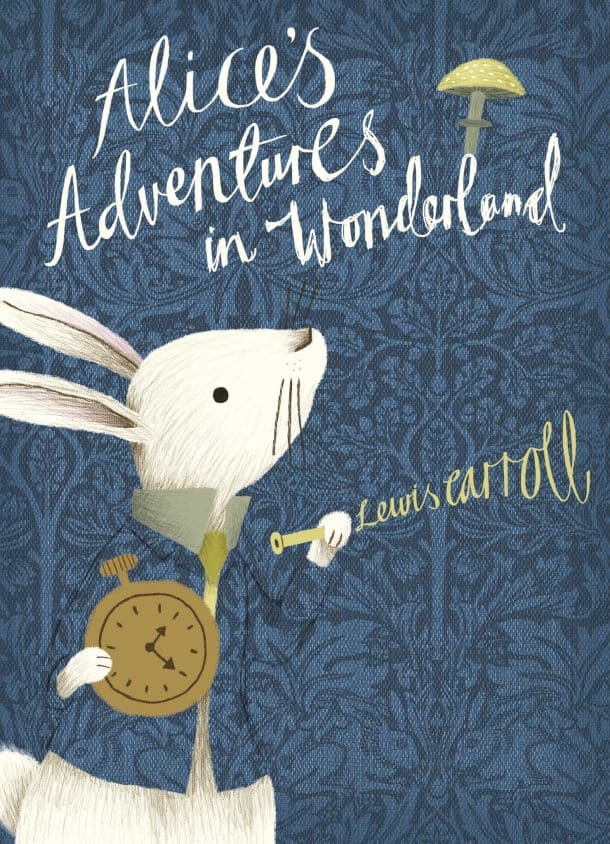Words. What wonderful things they are. They enable us to communicate, to explain, to teach, to express emotions.
I am fascinated by words and I love to learn a new word and understand its meaning. I’ve recently added propinquity to my vocabulary. Macquarie Dictionary tells me it means: noun 1. nearness in place; proximity. 2. nearness of relation; kinship. 3. affinity of nature; similarity. 4. nearness in time. Can’t say I will be using this word though. Firstly, I find it very hard to say. I’ve had to practise. Secondly, I don’t like its sound. Thirdly, it’s not likely I will easily find a place in a sentence to use it, so I’ll never remember it!
Did you know that a Winklepicker is a type of shoe or boot with long, narrow, very pointed toes? How about that the verb of argy-bargy is argle-bargle? That’s a fun one. Crapulous means suffering from or due to such excess.
It also always amazes me that words sound like their meaning. Wonderous, ethereal, mellifluous. I love to say these words out loud. Or on the flip side glutinous, nauseous or acute. One of my least favourite words is phlegm. Ugh, it makes me instantly try and block all imagery in my mind. Hoik gives me the same feeling! Is it just that I know the meaning of these words so well, that it is so ingrained, that I feel the meaning of the word as I speak it?
How about this word. Pneumonoultramicroscopicsilicovolcanoconiosis. My goodness. Macquarie Dictionary tells me it is an invented word modelled on polysyllabic medical terms and means a lung disease caused by the inhalation of very fine sand and ash (from a volcano) possibly coined by Everett M Smith who was president of the US National Puzzlers’ League in 1935. Phew!
I remember learning the meaning of the word petrichor. The smell of the earth after rain falls on dry soil. After I knew the meaning of this word I would always try and find a way to include it in a sentence.
I’m lucky to have learned English as a child. I can’t imagine having to learn it as a second language. Rules can be broken which makes it confusing. Like i comes before e, but not all the time. No, not when it comes after c.
People in medieval Scotland used this word to warn passers-by of waste, including urine and slops, about to be thrown from a window into the street below. The term was apparently still in use as late as the 1930s and 1940s, when many people had no indoor toilets.
Language changes at such a speed. It is ever evolving, shedding words from the common used language and adding new ones. We just make it all up as we go along. That’s what also makes it so interesting. Omnishambles means a situation that has been completely mismanaged with disastrous consequences, which was added in 2009 when coined by the writers of the British television series ‘The Thick of It’. Macquarie Dictionary lists words that interest them but are yet to be officially added. Rizz meaning charisma. Protopia, meaning progression towards a better society, one small step at a time. That’s a word maybe we should all try and use. I really like the word beach spreading. It is the use of a cobana, tent or other item to take up space on a beach. Or funcle. An uncle who is viewed as a source of amusement and entertainment by his nieces and nephews. I always tried hard to be a funty! There you go, I made my own new word! Another in Macquarie Dictionary is desk bombing. This relates to an open plan office and is approaching someone at their desk unannounced. It dismays me that this might be seen as a bad thing. What have we come to that we might have to make an appointment to talk to someone at their desk?
There are some words I always find hard to spell. Often these words are ones I use quite a lot but, for some reason, I struggle with them. These include particularly, ingredients and, somewhat ironically, vocabulary. Apparently the most misspelled words include separate, calendar and unnecessary.
Although many countries have English as their main language many words are spelt differently. Mum/mom, traveller/traveler, centre/center, theatre/theater. This quite does my head in. I am no fan of American English and am a great supporter of always importing the UK or commonwealth edition of books just to keep younger readers reading the British English. I know this is probably a lost cause.
I’m sure you have one or more favourite words that you like to use too. We should always be aware of how words can make another person feel. Just a single word can make us feel loved, mad, joyful, sad, empathetic, scared, in fact any emotion. I always think too that we should not overuse words otherwise they lose their umph. I always think of this when I hear people using the ‘f’ word constantly in sentences. When used in every sentence it’s just losing its power. But that’s for another conversation.
Wishing you all much lectio materiales!
Rowena





